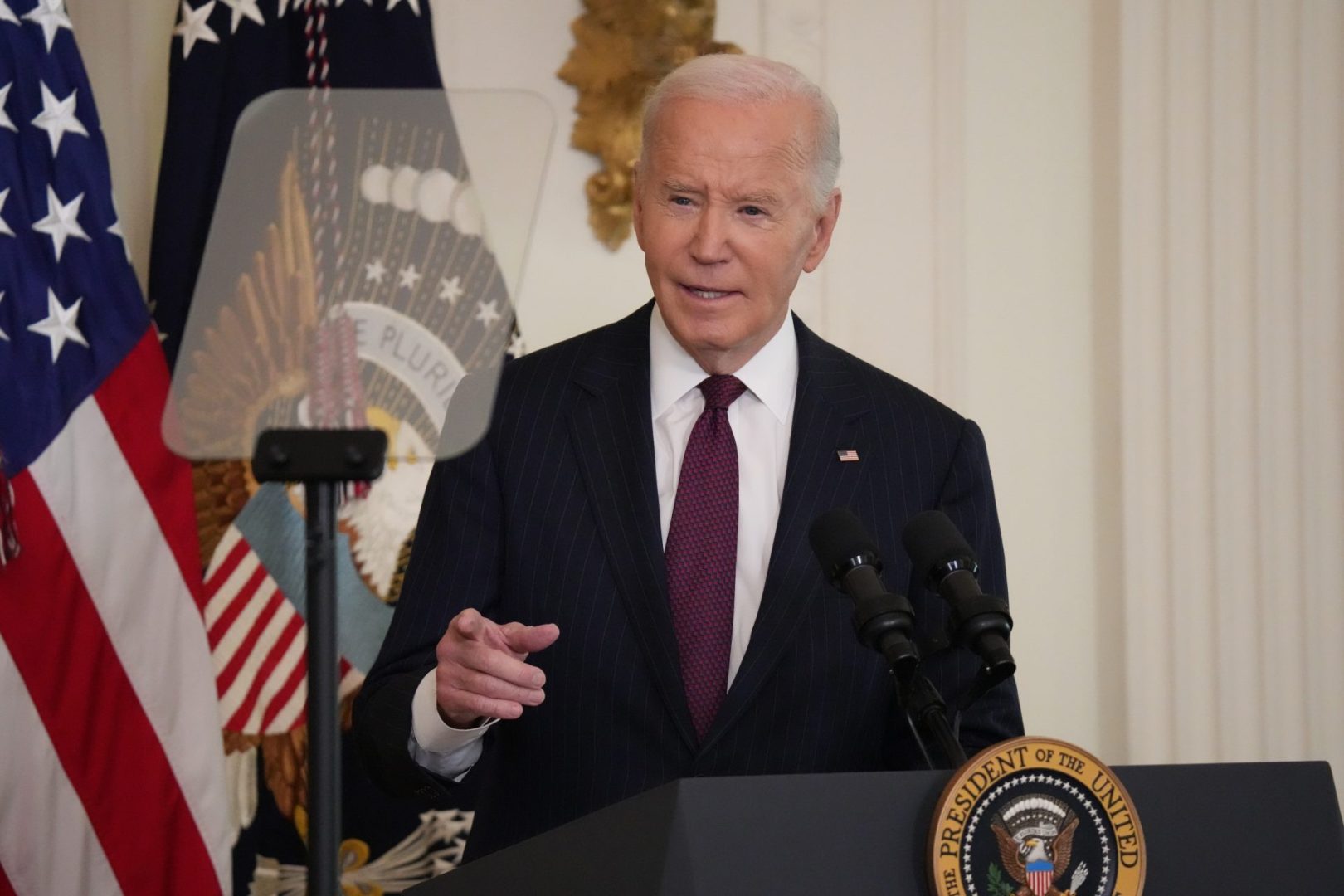In a historic move, President Biden’s decision to commute the sentences of 37 federal death row inmates has sparked a wave of debate and reflection about America’s approach to criminal justice. This unprecedented act has significant implications, not only for the inmates directly impacted but also for the wider landscape of criminal justice reform. Biden’s action represents a critical moment in the nation’s ongoing reckoning with its justice system, demonstrating a delicate balance between accountability, compassion, and systemic reform.
Addressing systemic inequities
One of the most striking elements of this decision is its focus on addressing racial disparities within the criminal justice system. According to recent data, Black Americans make up 38% of federal death row inmates, while Latinos account for 15%. These figures reflect long-standing issues of systemic inequality and racial bias in both law enforcement and sentencing. Biden’s commutation is seen by many as a significant step toward confronting these inequities, offering a rare chance for the justice system to reflect on its historical biases. This action comes at a time when the U.S. grapples with its record on racial justice and seeks to correct decades of harm done to marginalized communities.
Confronting racial disparities head-on
The commutation represents more than a legal shift; it highlights a moral and ethical imperative to address the disproportionate impact that capital punishment has on people of color. Advocates for racial justice, who have long criticized the overrepresentation of Black and Latino individuals on death row, view this action as an opportunity to reconsider the fairness of the death penalty system. The racial composition of death row serves as a painful reminder of the barriers many face within the judicial system, and Biden’s commutation serves as a public acknowledgment of these issues.
Strategic exceptions and public safety
Despite the overwhelming significance of this move, the Biden administration has also made clear that capital punishment will remain in place for certain cases. The decision to exclude inmates convicted of terrorism-related offenses or hate-motivated mass murders from the commutation reflects a nuanced approach to criminal justice. By maintaining capital punishment in these extreme cases, Biden demonstrates a commitment to safeguarding public safety while still addressing concerns about fairness in the system.
Balancing justice reform with public safety concerns
This balance between reform and safety highlights the complexities of justice reform in America. While the commutation serves as a corrective measure for past injustices, it also upholds the administration’s responsibility to ensure the protection of its citizens. By selectively retaining the death penalty for crimes of particularly heinous nature, the administration seeks to navigate the delicate line between compassion for the incarcerated and the protection of society from individuals who have committed acts of profound violence.
Community impact and advocacy
The decision to commute these sentences has had a profound impact on advocacy groups and communities across the country. Social justice advocates, particularly those focused on racial equity, have praised the commutation as a much-needed step toward rectifying centuries of injustice. These groups emphasize that this is not just about the individuals on death row, but about making a larger statement regarding the U.S. justice system’s ability to evolve in line with democratic values of fairness and equality.
A crucial step toward racial and social justice
For many advocates, Biden’s move signals an acknowledgment of the deep-seated issues within the justice system that go beyond mere policy change. This decision, they argue, has the potential to influence broader justice reforms, including shifts in how the system treats people of color, both during their trials and in their sentences. With increasing momentum from advocacy groups across the nation, this act of commutation could be seen as the beginning of more comprehensive reforms that aim to address not just capital punishment but also the general inequities faced by marginalized communities in the criminal justice system.
Presidential leadership on reform
Biden’s decision to commute the sentences of these 37 individuals reflects a personal understanding of the challenges facing the U.S. criminal justice system. Having served as a public defender earlier in his career, Biden is acutely aware of the flaws within the system and has long advocated for reforms aimed at increasing fairness and reducing bias. His leadership on this issue demonstrates a commitment to criminal justice reform that transcends party lines and political cycles.
A commitment to lasting change
Biden’s action suggests a belief in reform that is not merely reactionary, but one rooted in a long-term vision of a more equitable and just society. By framing his decision as part of a larger commitment to criminal justice reform, Biden is signaling to both lawmakers and the public that the United States must continue to evolve in how it handles sentencing, punishment, and rehabilitation. This decision offers a glimpse into a more comprehensive vision for the future, one where systemic reforms, such as police accountability and sentencing equity, take precedence.
Future implications for justice
This commutation represents a potential turning point for criminal justice reform in America, with implications that could extend well beyond federal death row. By taking this bold action, Biden is setting a precedent that could inspire changes at the state level, where the death penalty remains legal in several states. If the commutation proves successful in reducing disparities and promoting more equitable sentencing, it could prompt a reexamination of capital punishment on a national scale.
Shifting the national conversation on capital punishment
The future of the death penalty in the United States remains uncertain, but Biden’s commutation is likely to spark renewed discussions on its role in modern society. Advocates for the abolition of capital punishment are hopeful that this act will encourage a rethinking of the death penalty’s place within the justice system. Meanwhile, those who support its continued use argue that the most heinous crimes still warrant the ultimate punishment. Whatever the outcome, Biden’s decision is part of a larger, ongoing conversation about what constitutes justice in America and how it should be administered in an equitable and transparent manner.
As the United States grapples with its history of systemic inequality, Biden’s commutation provides an opportunity for the nation to take a step toward a more just and compassionate future. The decision to commute these sentences underscores the need for a balanced approach to justice reform that acknowledges past wrongs while still considering the needs of society at large. As such, this landmark moment will continue to shape the conversations around justice, fairness, and equity for years to come.
















